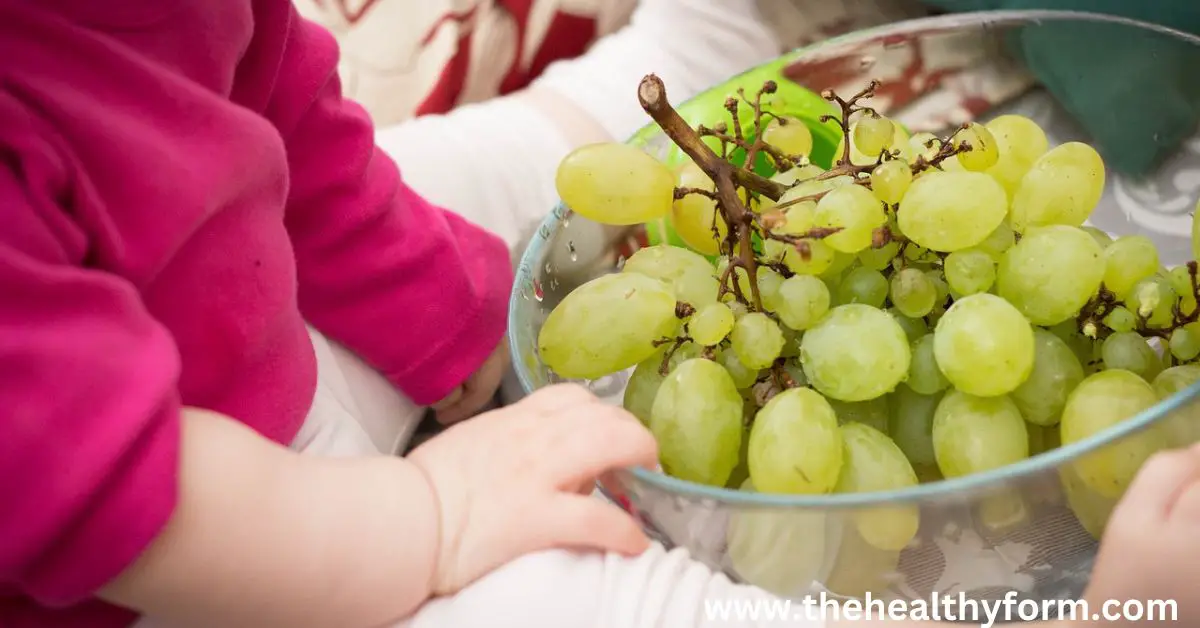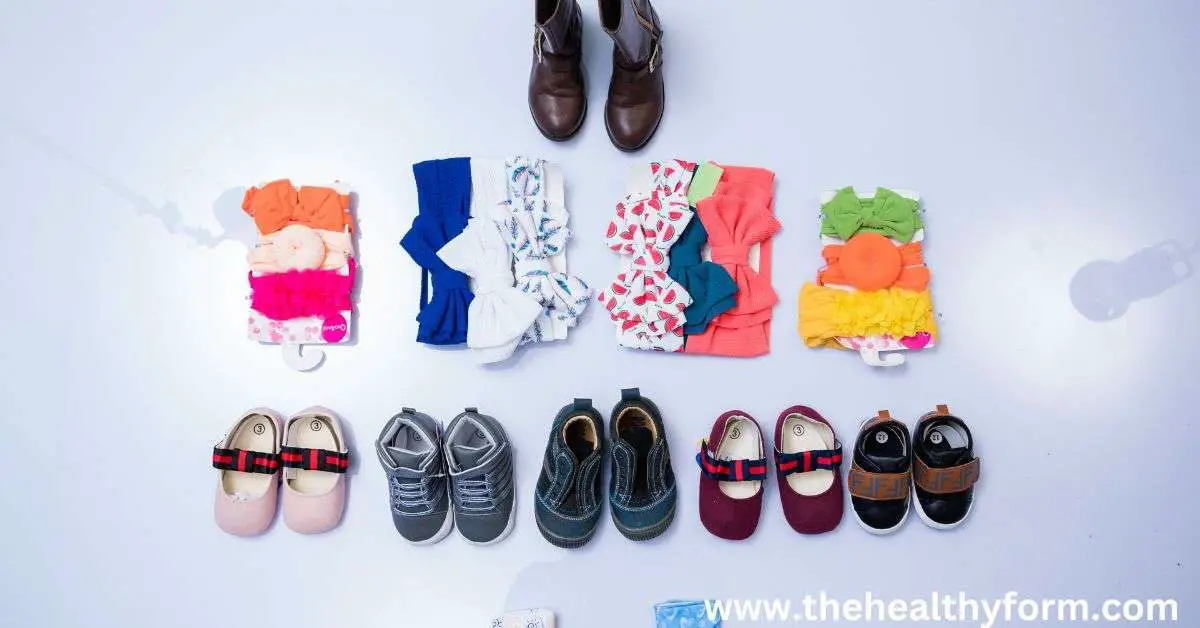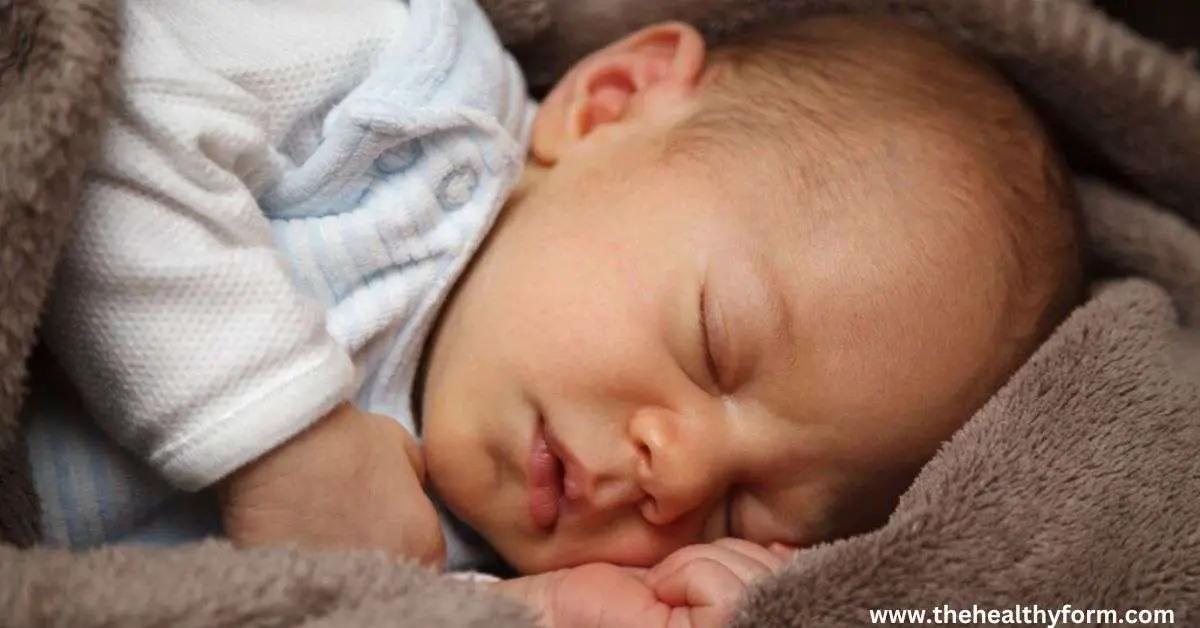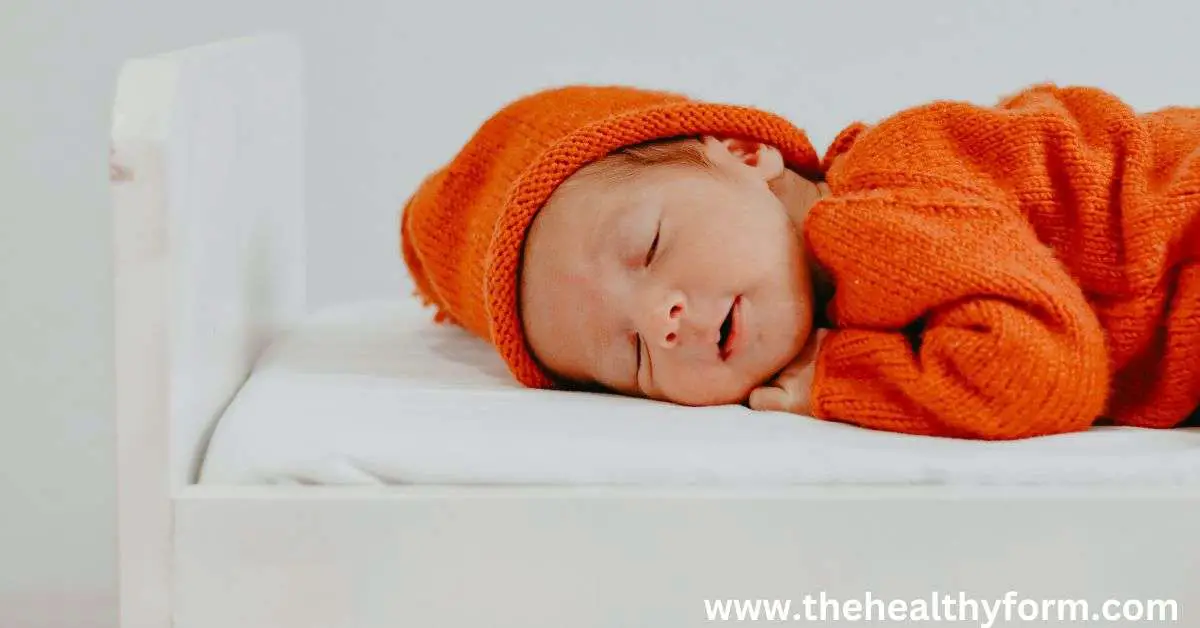Stages of Baby Development: What Every Parent Should Know
Discover the various stages of baby development and what to expect during each phase. From newborn to toddlerhood, learn about the physical, cognitive, and social milestones your little one will reach. Get insights, tips, and resources to support your baby’s growth and development. When you welcome a baby into the world, you start on the most incredible journey of parenthood. Watching your precious bundle of joy pass through each milestone is one of the most rewarding experiences imaginable.
Of course, when your little one is developing, there may be times when you feel slightly overwhelmed. After all, tracking baby development stages comes with its fair share of questions. That’s why understanding baby development is key to giving them the best start in life.
Throughout this article, we’ll look at what happens during each stage of baby development and provide some useful advice. So grab your coffee, pull up a chair, and let’s get started!
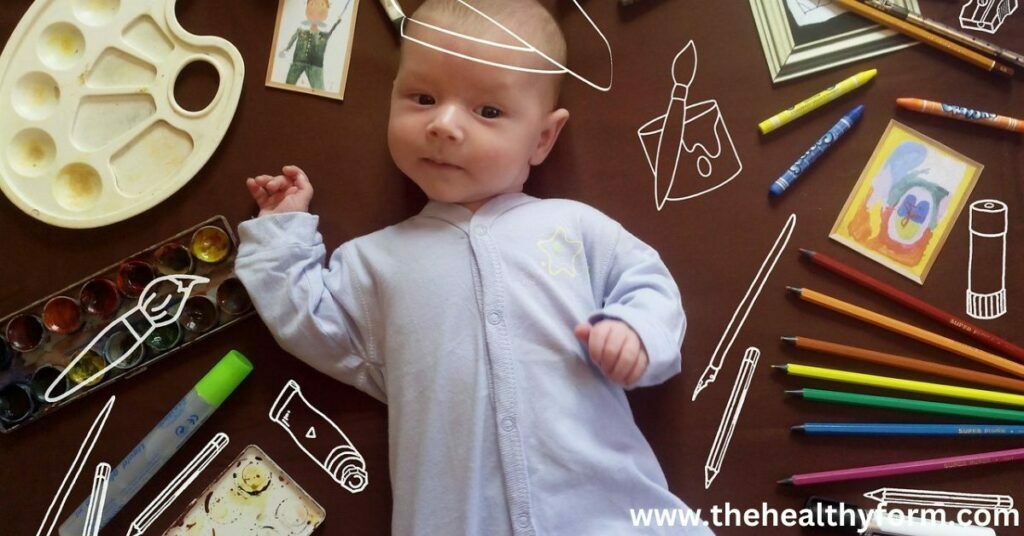
What Are the Stages of Baby Development?
The life of a baby is nothing short of amazing. Before you know it, your little bundle of joy goes from that tiny, helpless newborn to a busy, curious toddler exploring the world around him. It’s an incredible journey, and understanding the stages can help you prepare for what comes next.
Let’s look at the four major stages of baby development:
- Infancy (birth to 12 months): During this stage, your baby develops basic abilities like sitting up, crawling, and controlling some body movements. This is also when your baby learns to communicate through crying and babbling.
- Toddler (1 to 2 years old): At this stage, your baby is becoming more independent and developing his language skills using words. He’ll find a newfound joy in playing with others, exploring the environment, and engaging in more complex activities.
- Early Childhood (2 to 6 years old): Your toddler grows into a child during this stage. He will learn more complex language skills while growing into an increasingly independent person with ever-increasing problem-solving skills and physical abilities like running and jumping.
- Middle Childhood (7 to 12 years old): This stage marks physical maturity and an increased focus on mastering new skills like reading and writing, which will set the foundation for success in school.
Premature Baby Development: What to Expect
Stages of a baby development encompass a broad spectrum of milestones and changes that occur as a child grows. Babies born earlier than 37 weeks into the pregnancy are considered premature and can face different developmental issues from those born full-term. Your preemie may have difficulty feeding, gaining weight, and achieving milestones during the early stages of life.
That said, premature babies are resilient and can often quickly catch up to their full-term peers. Here’s a list of the key things to keep in mind as you observe your preemie’s development:
- Consider the estimated due date when assessing stages: Since premies’ growth is measured relative to their due date instead of their birthdate, you must factor that in while gauging progress. For instance, your doctor might find that your baby is progressing towards their milestones accurately—even though they may seem delayed in age — if they are born before their due date.
- Eye contact and using arms and legs will come sooner than other signs: Preemies can often make eye contact with caregivers more quickly than full-term babies since this skill relies on neurological rather than physical development. Similarly, premies usually gain control over arm and leg movements earlier than other milestones like crawling or walking.
Remember that each baby develops differently—regardless of whether or not they were born on time—and it’s important to be patient as your little one grows and learns about the world around them!
Baby Development Week by Week
These baby development stages are fascinating to observe and crucial for ensuring that infants receive the appropriate care, stimulation, and support they need to thrive and reach their full potential. Every week of a baby development is a part of the amazing journey of growth and milestones.
You might be wondering, what happens each week? Let’s consider what to expect over your baby’s first few months.
Weeks 1 To 8
During these early weeks, your baby will be mastering the basics, such as learning to suck, swallow and digest food, and manage their temperature and reflexes. In the second month, they’ll recognize familiar faces and sounds. As your baby grows and develops into the third month, it’ll become more alert and better at tracking objects with its eyes.
Weeks 9 To 12
At this stage, your baby starts to come alive! By week nine, babies usually smile in response to something that stimulates them positively, sometimes even laughing. They may also start making gurgling noises or enjoying certain songs or stories you read them. This month, you’ll likely see their first attempts at crawling or scooting – so get ready for some fun!
Weeks 13 To 16
By now, your little one is well on the way to developing into a full-blown toddler! You’ll even see them starting to respond to simple commands like “no” or “give me.” They will also begin understanding simple instructions like “put that down” or “sit down,” as well as gesturing in response to requests such as clapping hands or waving goodbye.
Baby Development by Month: What to Look Out For
At every stage of baby development, there are certain milestones and abilities that you should be on the lookout for. Here’s a breakdown of what to expect when:
Month 1
At this point, your baby is learning to control their arms and legs, cooing and making sounds while they look around. They should also start recognizing you, your voice, and your facial expressions.
Month 2
Your baby should start babbling and responding to loud sounds by this time. They can lift their head while lying on their stomach and smile when pleased.
Month 3
Your baby will become more active now, so watch out for them rolling over from their stomach onto their back. As they grow older during this month, they will also start grasping objects in their hands.
Month 4
By this point, your baby will love interacting with you more and more—chat, play games, sing, or read aloud together!—and they should also be able to respond when spoken to or called by name. They’ll also move independently by rolling over from back to front and front to back.
A Guide to Milestones in Baby Development
By now, you’re probably familiar with the various stages of baby development and how they vary as your little one grows. But as a parent, it’s important to know the details at each age so you can be sure you’re doing everything possible to ensure your baby is developing properly.
Here’s a breakdown of some key milestones and the age at which they typically occur:
Birth – 3 Months
At this stage, babies learn to trust their primary caregivers and use social and emotional signals for communication. Unguided play is also important for their development, so give them objects that can easily be grasped with their hands and feet.
4 – 6 Months
You’ll start seeing increased physical strength in babies at this age and better head control. They will also try to communicate by making noises with their mouth and through facial expressions. At this stage, encourage tummy time to help build strength in their arms and legs.
7 – 9 Months
Babies will become more mobile during this stage and start crawling or rolling around. You’ll also see them experimenting with shapes, sizes, and colors of objects while attempting to hold them together. Now is a good time to introduce puzzles or stacking toys, too!
10 – 12 Months
By now, they should be able to stand up well on their own two feet with support. Babies at this stage may also be able to independently say simple words such as ‘dada’ or ‘mama’!
FAQs on Baby Milestones
You may have questions about your baby’s development in the different stages. Here are some FAQs for you to better understand Stages of baby development:
What are the stages of baby development?
A milestone is an achievement that marks a major step in your infant’s development. It includes physical, intellectual, and emotional accomplishments, such as the baby’s ability to roll over, crawl, and string together words when learning the language.
How often will my baby reach new milestones?
Your baby will master some skills faster than others, but generally, they will reach each milestone at their own pace and time. Don’t worry if your child is a bit behind compared to other babies in the same age group; each child develops differently.
Are there signs that my baby isn’t meeting milestones on time?
Yes. If your baby isn’t hitting certain milestones on time or has signs of developmental delays (i.e., doesn’t interact with others), talk to your pediatrician immediately, as early intervention can make a difference for your little one’s development!
Conclusion
As the saying goes, “Babies are a blessing,” and the joy they bring to your life is unparalleled. However, caring for your baby can be daunting, especially when understanding their development. By understanding each baby’s unique development timeline and being aware of milestones and risks, you can ensure your little one is growing as they should and that potential issues can be addressed early on. So, no matter what stage of development your baby is in, remember that each stage is critical for their growth and development. With a little research, you can ensure your baby is developing as expected and give them the best start in life.

